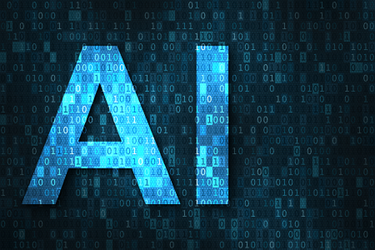The Effect Of Artificial Intelligence On Bug Tracking Tools
By Ray Parker

There is no harm is saying that Artificial Intelligence (AI) has had a great impact across all industries. Software testing companies are at the forefront of being impacted by AI a great deal. Experts are of the view that AI is going to change all aspects of software development lifecycle. AI has changed the way things work, right from fixing bugs, to coding errors and software testing, new doors have been opened to attain quality software. Similarly, AI has also affected the bug tracking tools as well. AI and Machine Learning (ML) go hand in hand and have also become a part of Software as a Service (SaaS).
Bugs appearing in software development process are common and they are tracked down and managed via bug tracking tools. Defect management system focuses on product quality during and after the product development process, prior to its release in the market. Test managers usually emphasize on utilizing a combination of issue tracking tools to resolve underlying bugs and issues in an application.
Reducing Delivery Time:
Testers and developers use issue tracking tools manually to check and manage all the bugs during software development. A detailed bug report is useful for testing teams to make future decisions. With AI in bug tracking tools, software delivery time is reduced by automating processes that are more time-consuming.
Fixing Bugs:
AI has done wonders to fixing bugs in a software development lifecycle. Test data is increasing, which has also increased the chances of manual testing errors being very high. AI and ML algorithms change the way bugs are fixed during software development. Whether it is auto-correction of codes or assigning bug tracking to QA teams, AI allows automated solutions without any human intervention required.
Software Testing Tools:
AI has not only improved the bug tracking process, but also has a great impact on the software testing tools. So there are two forms of AI contributing to software testing:
- AI-based software testing tools
- Testing the AI-based products
One way or the other, AI has definitely changed the way things work these days. Software testing is now a robust process with minimum human involvement, thanks to Artificial Intelligence (AI). However, most of the software testing companies are now utilizing AI capabilities in the software testing tools as well.
Conclusion
It is fair enough to say that AI and ML have a great impact on software testing companies. With bug management system being a core operation of these companies, investment in the right issue tracking tools is the key to success. AI has automated a lot of issue tracking system operations that save time and money by intruding the manual testing processes. The most repetitive tasks appearing in a defect management system are automated with the help of AI and human intervention is minimized. This is good news for managers and senior executives because they have overcome manual testing errors and making software quality their top priority.
References:
https://hub.packtpub.com/5-ways-artificial-intelligence-is-upgrading-software-engineering/
https://smartbear.com/resources/ebooks/artificial-intelligence-for-faster-and-smarter-ui/
Author Bio:
Ray Parker is a senior marketing consultant with a knack for writing about the latest news in tech, quality assurance, software development and travel. With a decade of experience working in the tech industry, Ray now dabbles out of his New York office.
